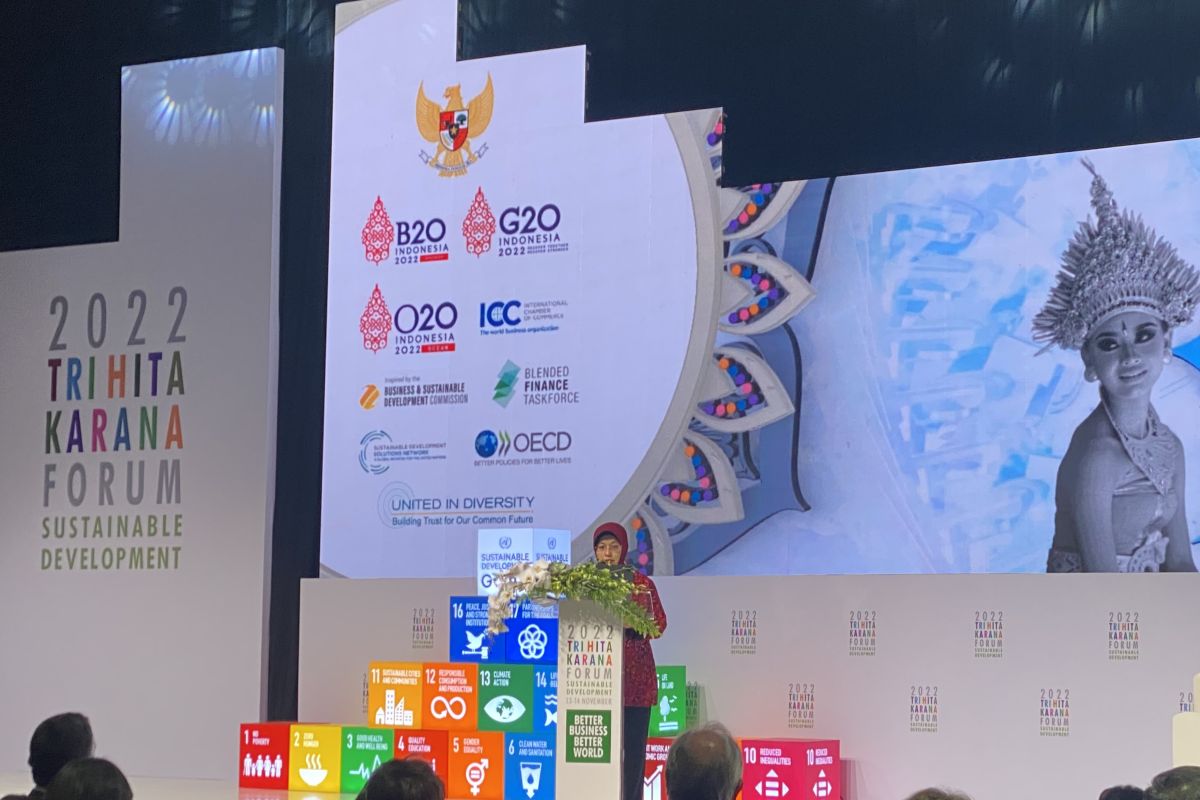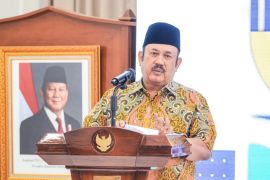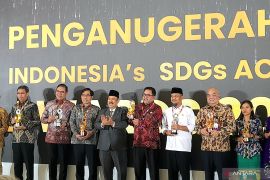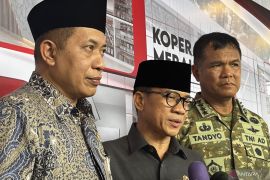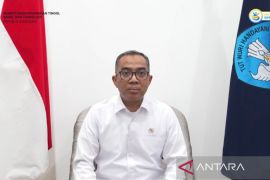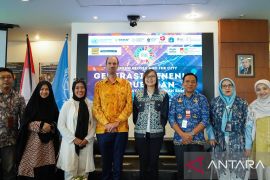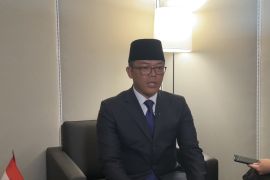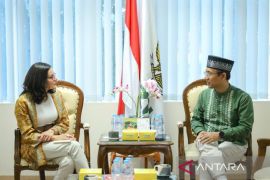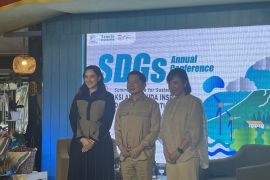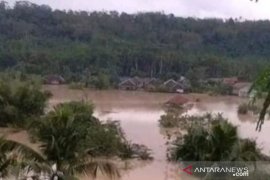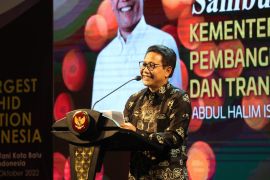Indonesia’s commitment is to increase efforts for innovative financing such as blended finance as a source of funding to achieve the SDGsBadung, Bali (ANTARA) - Deputy for Economy at the National Development Planning Ministry/National Development Planning Agency (Bappenas) Amalia Adininggar Widyasanti encouraged investors to use a blended finance scheme in contributing to the achievement of sustainable development goals (SDGs).
Blended finance is an optimal financing scheme that combines several sources of funding or financing in one project such as from the budget of the government, the private sector, and donors.
“Indonesia’s commitment is to increase efforts for innovative financing such as blended finance as a source of funding to achieve the SDGs," she said at the Tri Hita Karana (THK) Blended Finance of Indonesia’s G20 Presidency in Nusa Dua, Bali Province, on Sunday.
Related news: Public participation social capital for resolving waste problem
Blended finance is needed because the Organisation for Economic Co-operation and Development’s Global Outlook on Financing for Sustainable Development 2021 study estimated that the SDGs financing gap would increase by 70 percent from US$2.5 trillion to US$4.2 trillion.
To this end, Widyasanti ensured that the Indonesian government would continue cooperating with all stakeholders, including international organizations, multilateral development banks, philanthropic organizations, and investors.
This effort is made to achieve the Decade of Action towards 2030 which is in line with the inclusive principle of SDGs.
Indonesia itself has become one of the pioneer countries by developing the Integrated National Financing Framework (INFF) which encourages the use of blended finance to achieve SDGs.
Related news: Achieve SDGs target to preserve environment, civilization: Ministry
Blended finance is also optimized through SDG Financing Hub, which aims to synchronize financial and non-financial resources for investment in line with the SDGs program.
The blended finance mechanism should be called a public-private partnership because it opens up more economic potential in any country.
In this case, she assessed that private parties could bring industry-specific expertise and resources to help achieve sustainable impact at a more significant speed and scale.
Apart from that, government partners should also bring capital to the program, which later, the private sector can get greater social or environmental benefits from the investment.
Related news: Media Center of G20 Summit thoroughly prepared: Moeldoko
Related news: Bali summit attendance expected to be high
Translator: Astrid Faidlatul, Raka Adji
Editor: Fardah Assegaf
Copyright © ANTARA 2022
